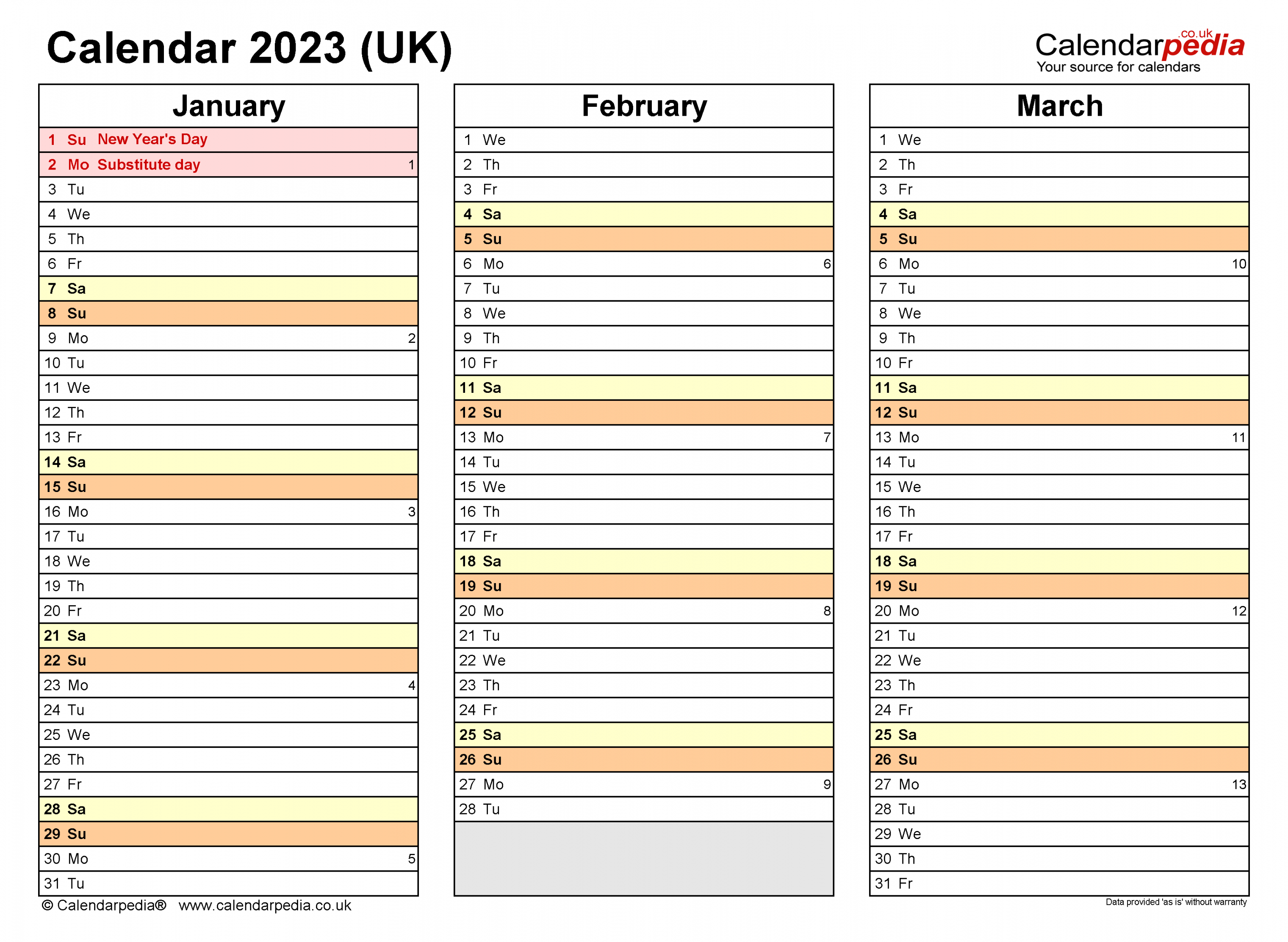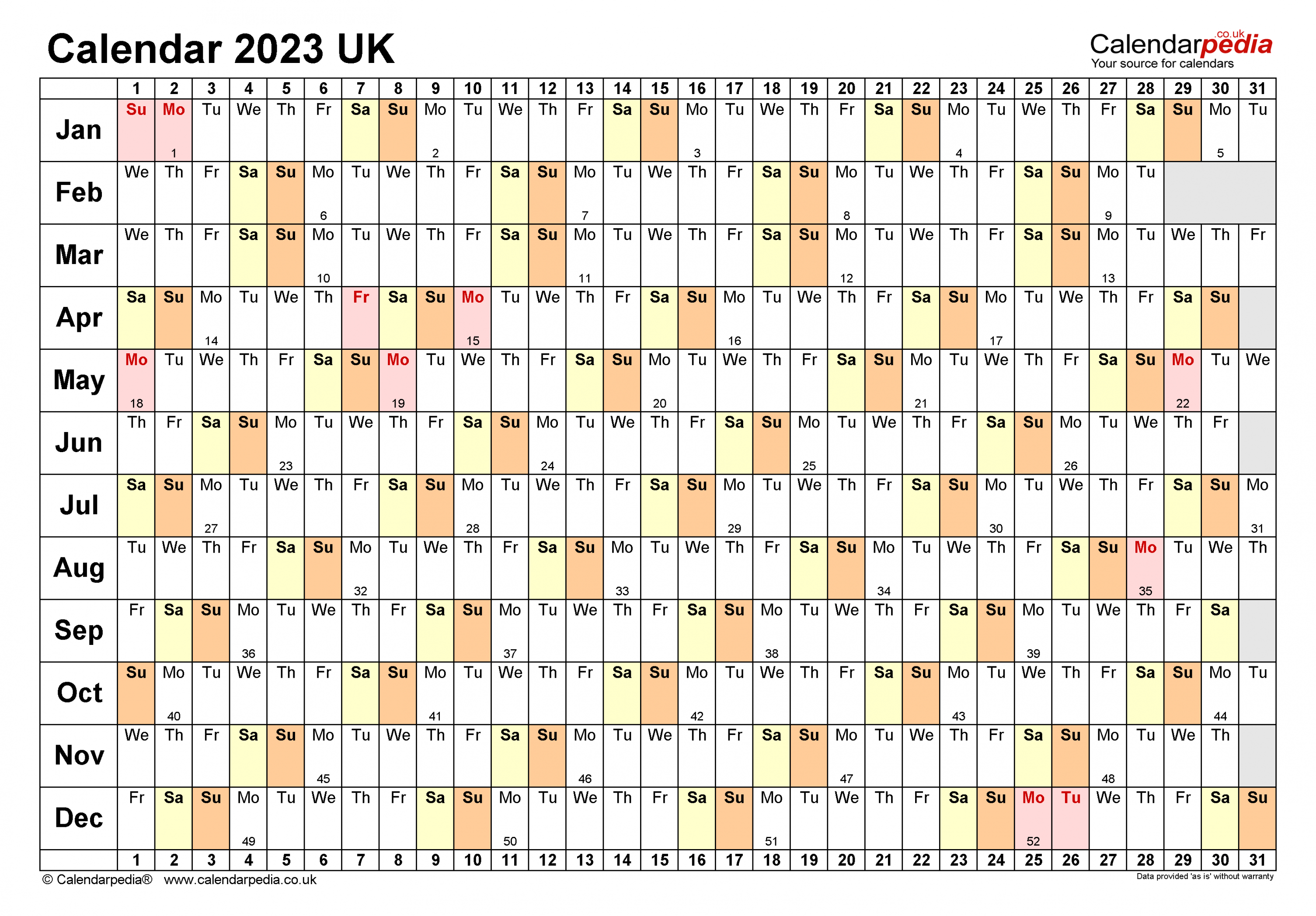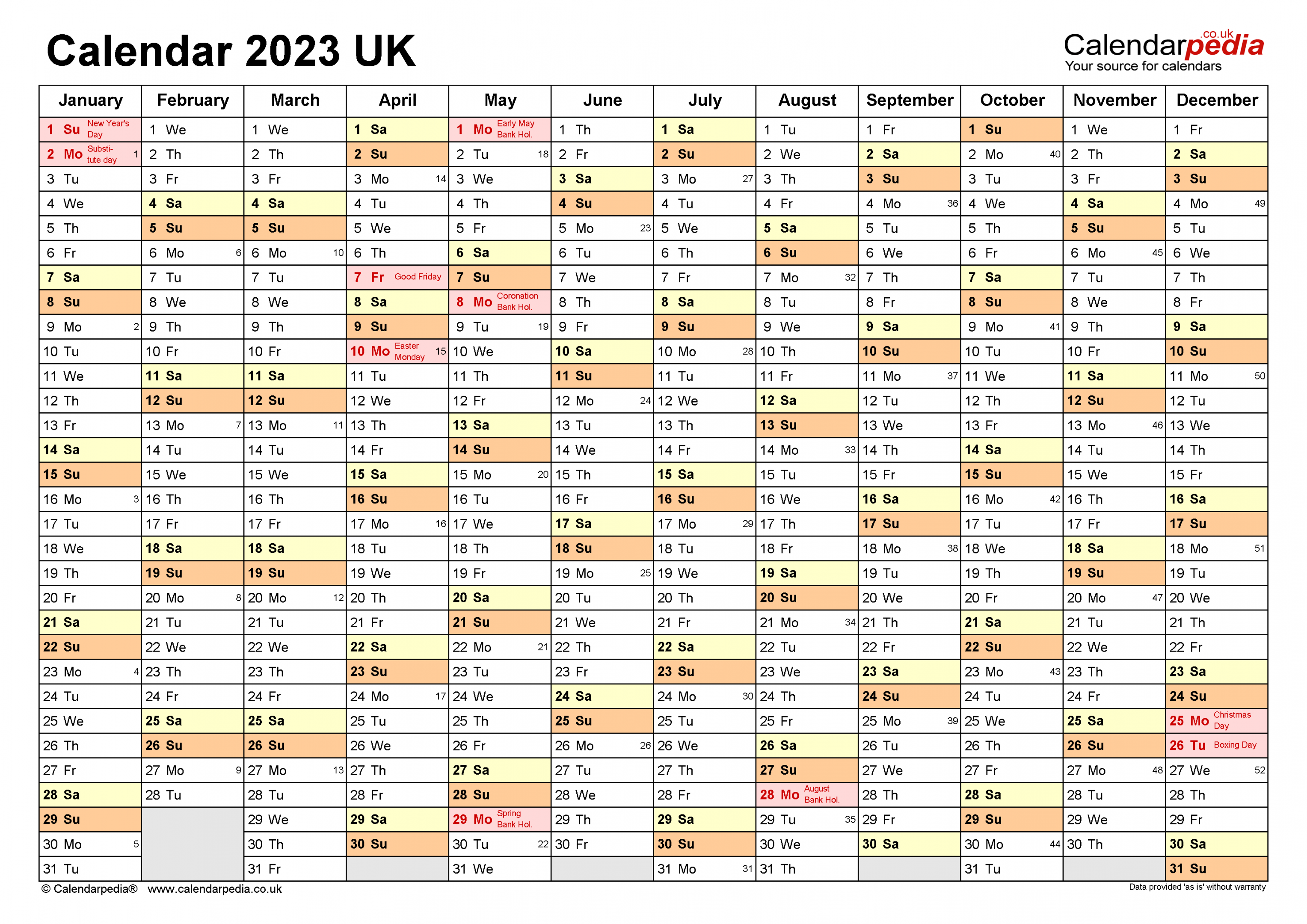Emissions Trading Scheme: UK to dramatically cut carbon permit numbers
Pictured: Industrial activity adjacent to the River Tees
The UK has operated its own Emissions Trading Scheme (UK ETS) since the start of 2021. Prior to this, it was a participant in the EU’s ETS.

Both the UK and EU schemes use a ‘cap and trade’ mechanism. They place a limit on the level of emissions that energy-intensive businesses can generate. Should they need to emit more, they will need to buy further allowances at auction or from other participants in the scheme. Those decarbonising more rapidly can sell their allowances to their peers.
Today (6 October), the UK Government has published its first detailed pathway regarding the future of the UK ETS. It has been confirmed that next year, 12.4% fewer carbon permits will be auctioned than in 2023.

By 2027, the annual allocation should be 45% lower than in 2023. There is then an even sharper decrease in permit allocations through to 2030.
The changes are the result of consultations which first began in March 2022. The process was undoubtedly delayed by two subsequent changes in Prime Minister.

In a joint statement, Ministers co-running the UK’s ETS Authority said the changes will “help on our path to net-zero”.
The statement reads: “We want to give our industries the confidence to decarbonise, by investing in efficiency measures and moving away from fossil fuels to cleaner, more secure energy.

“The auction calendar for 2024 and introduction of the new net-zero consistent cap will help provide certainty for businesses, while spurring investment and helping to grow the economy.”
The chief executive of the Climate Change Committee (CCC), Chris Stark, wrote on X (formerly Twitter) that the changes are indeed aligned with the nation’s long-term climate changes. He called the changes “big” and “very good to see”.
In its annual progress report to Parliament on the net-zero transition this summer, the CCC concluded that credible policy planning only existed to deliver around 25% of the emissions reductions needed through to mid-century.
It pointed to a particularly worrying dearth of effective interventions to decarbonise heavy industry. The report stated that the delivery of 70% of the emissions reductions needed in industrial sectors through to the early 2040s was uncertain.
Published 6th October 2023
© Faversham House Ltd 2023 edie news articles may be copied or forwarded for individual use only. No other reproduction or distribution is permitted without prior written consent.